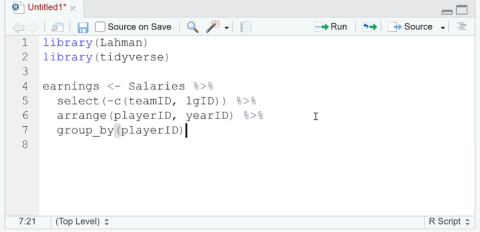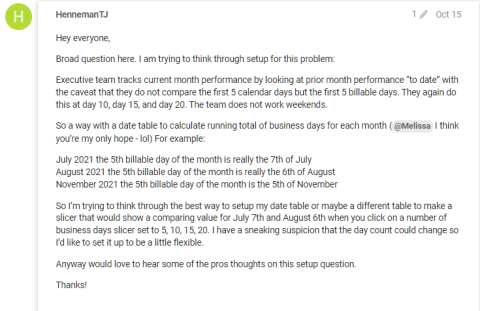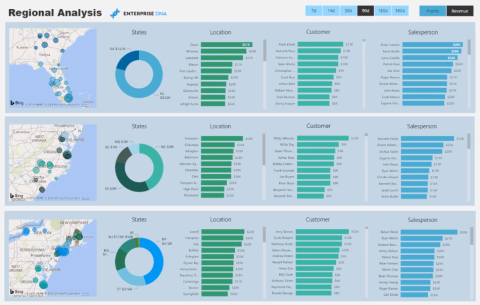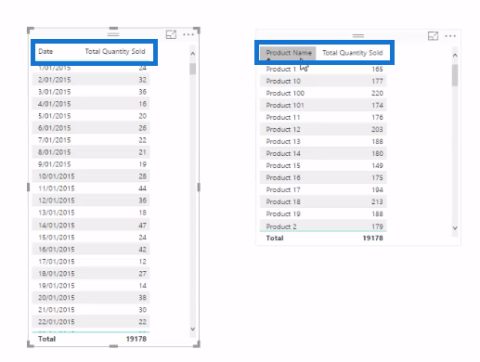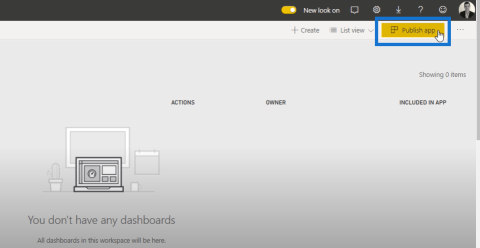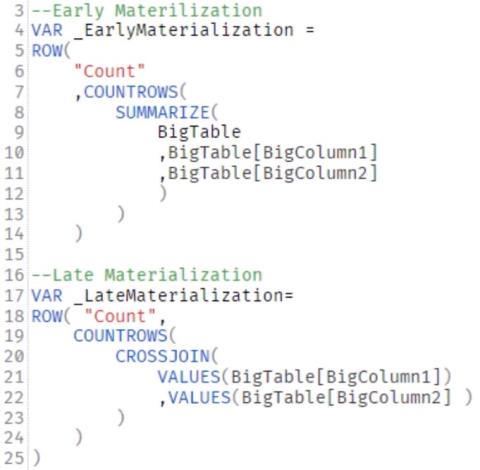Excel Hücrelerini Metne Sığdırma: 4 Kolay Çözüm

Excel hücrelerini metne sığdırmak için güncel bilgileri ve 4 kolay çözümü keşfedin.
In this tutorial, I’m going to show you how to create a great inventory dashboard using some DAX formulas in LuckyTemplates. After properly setting up the data model, the next step is to write the DAX formulas and set up the visualizations for an inventory system in LuckyTemplates.
This tutorial will show the quick and effective ways to generate the information you need in your inventory dashboard.
Table of Contents
Creating The Measures
First, create a measure table for your measures to be catalogued. Call it Key Measures.

1. Inventory Value
Next, create a new measure and call it Inventory Value. Use the function to sum the Total Value.

Drag the measure into the canvas and then add the Item Name from the Products table to the measure’s Axis. You’ll then get results from different products with a default theme.

2. Inventory Stock Quantity
Add a new measure, Inventory Stock Quantity, then sum up the Stock Quantity.

For its visualization, copy and paste the previous chart and change its value to the new measure. Also, you need to sort the order by stock quantity.
If you’re trying to manage your inventory, you should manage it from a quantity perspective rather than a value perspective because you need to know the quantity that’s going out and how much you need to stock. You have to evaluate your products and stocks and start doing promotional analysis or marketing strategies for them.
Adding The Visualizations
You can also look at the table from a vendor perspective. Copy and paste the visualization and then change the Axis to Vendor.

Next, copy the same visual. Change the value to Inventory Value and then sort it by inventory value.

For the Inventory Stock Quantity by Item Name visual, change the value to Inventory Value and the Axis from Item Name to WarehouseCode to look at it from a warehouse perspective. Lastly, turn the visualization into a doughnut chart.

Add cards into the canvas with the values of Inventory Value and Inventory Stock Quantity.

The main thing that you’re doing with the visualizations is making simple calculations that quickly and easily give you different answers.
Turn the Inventory Value by Item Name visualization into a table and then add Inventory Stock Quantity in the values.

Also, don’t forget to put the title. Add a textbox in the upper left corner and call in Inventory Value.
Conclusion
You’ve now learned the basic DAX formulas and visualizations to use when creating an inventory dashboard in LuckyTemplates. This is already a great start to get valuable insights from your inventory data.
In the next tutorials, you’ll learn more complex DAX formula patterns to implement in your reports. This will allow you to extract more insights that will greatly aid the stock and sales analysis of your organization.
All the best,
Excel hücrelerini metne sığdırmak için güncel bilgileri ve 4 kolay çözümü keşfedin.
Bir Excel Dosyasının Boyutunu Küçültmek için 6 Etkili Yöntem. Hızlı ve kolay yöntemler ile verilerinizi kaybetmeden yer açın.
Python'da Self Nedir: Gerçek Dünyadan Örnekler
R'de bir .rds dosyasındaki nesneleri nasıl kaydedeceğinizi ve yükleyeceğinizi öğreneceksiniz. Bu blog aynı zamanda R'den LuckyTemplates'a nesnelerin nasıl içe aktarılacağını da ele alacaktır.
Bu DAX kodlama dili eğitiminde, GENERATE işlevinin nasıl kullanılacağını ve bir ölçü başlığının dinamik olarak nasıl değiştirileceğini öğrenin.
Bu eğitici, raporlarınızdaki dinamik veri görselleştirmelerinden içgörüler oluşturmak için Çok Kanallı Dinamik Görseller tekniğinin nasıl kullanılacağını kapsayacaktır.
Bu yazıda, filtre bağlamından geçeceğim. Filtre bağlamı, herhangi bir LuckyTemplates kullanıcısının başlangıçta öğrenmesi gereken en önemli konulardan biridir.
LuckyTemplates Apps çevrimiçi hizmetinin çeşitli kaynaklardan oluşturulan farklı raporların ve içgörülerin yönetilmesine nasıl yardımcı olabileceğini göstermek istiyorum.
LuckyTemplates'da ölçü dallandırma ve DAX formüllerini birleştirme gibi teknikleri kullanarak kâr marjı değişikliklerinizi nasıl hesaplayacağınızı öğrenin.
Bu öğreticide, veri önbelleklerini gerçekleştirme fikirleri ve bunların DAX'ın sonuç sağlama performansını nasıl etkilediği tartışılacaktır.


